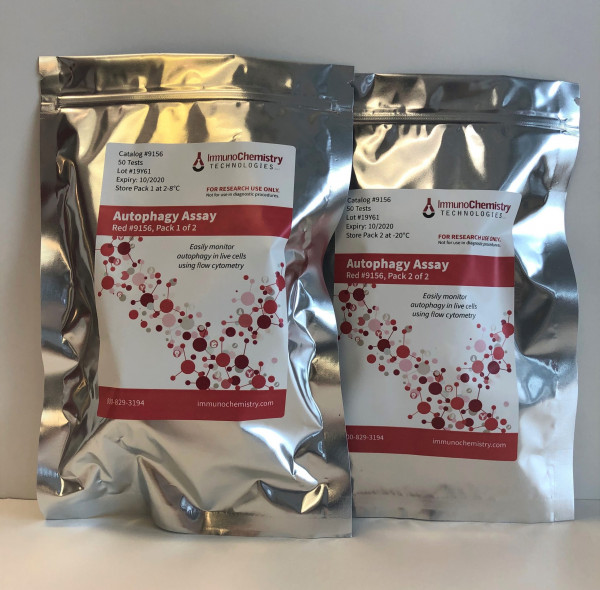Cookie preferences
This website uses cookies, which are necessary for the technical operation of the website and are always set. Other cookies, which increase the comfort when using this website, are used for direct advertising or to facilitate interaction with other websites and social networks, are only set with your consent.
Configuration
Technically required
These cookies are necessary for the basic functions of the shop.
"Allow all cookies" cookie
"Decline all cookies" cookie
CSRF token
Cookie preferences
Currency change
Customer-specific caching
FACT-Finder tracking
Individual prices
Selected shop
Session
Comfort functions
These cookies are used to make the shopping experience even more appealing, for example for the recognition of the visitor.
Note
Show the facebook fanpage in the right blod sidebar
Statistics & Tracking
Affiliate program
Conversion and usertracking via Google Tag Manager
Track device being used

| Item number | Size | Datasheet | Manual | SDS | Delivery time | Quantity | Price |
|---|---|---|---|---|---|---|---|
| ICT-9156 | 50 tests | - |
3 - 10 business days* |
296.00€
|
|||
| ICT-9157 | 200 tests | - |
3 - 10 business days* |
633.00€
|
If you have any questions, please use our Contact Form.
You can also order by e-mail: info@biomol.com
Larger quantity required? Request bulk
You can also order by e-mail: info@biomol.com
Larger quantity required? Request bulk
ICT's Autophagy Assay, Red enables researchers to detect and monitor the in vitro development of... more
Product information "Autophagy Assay Kit, Red"
ICT's Autophagy Assay, Red enables researchers to detect and monitor the in vitro development of autophagy in living cells. The Autophagy Probe is cell-permeant and fluoresces red when inserted in the lipid membranes of autophagosomes and autolysosomes. Results can be read using a flow cytometer. Autophagy is a conserved lysosomal recycling process by which cells break down their own components such as proteins, lipids, and carbohydrates. The process plays an important role in maintaining homeostasis and destroying intracellular pathogens. In addition, autophagy can be upregulated in times of starvation or stress to provide additional nutrients for the cell. Dysregulation of autophagy has implications in cancer, infection, and degenerative diseases. Autophagy is a three stage process. First, cytoplasmic components targeted for degradation are sequestered, resulting in the formation of the autophagosome. Next, the autophagosome fuses with the lysosome to form the autophagolysosome or autolysosome. Finally, degradation of the autophagosomal contents occurs. Protocol: 1. Prepare samples and controls in fresh cell culture medium (alternative buffers such as PBS may be used). 2. Reconstitute Autophagy Probe, Red with 100 µL DMSO. 3. Dilute Autophagy Probe, Red 1:5 by adding 400 µL diH2O, PBS, or fresh cell culture medium. 4. Add diluted Autophagy Probe, Red to each sample at 1:50 spike (e. g. spike at 1:50 by adding 10 µL to 490 µL sample). The ideal staining concentration can vary based on cell line, application, etc. , and should be determined by the end user. The recommended sample size is 0. 5 mL. 5. Incubate approximately 1 hour. 6. Dilute 10X Cellular Assay Buffer 1:10 with diH2O. 7. Remove media and wash cells 3 times: add 1X Cellular Assay Buffer or fresh cell culture medium and spin cells. 8. Resuspend cell pellet in 1X Cellular Assay Buffer (typically 0. 5 mL per sample). 9. Analyze with a flow cytometer (using a green/yellow laser and appropriate filter). Autophagy Probe, Red excites at 590 nm and emits at 620 nm.
| Supplier: | ImmunoChemistry Technologies |
| Supplier-Nr: | 9156 |
Properties
Database Information
Handling & Safety
| Storage: | vT |
| Shipping: | +4°C (International: +4°C) |
Caution
Our products are for laboratory research use only: Not for administration to humans!
Our products are for laboratory research use only: Not for administration to humans!
Information about the product reference will follow.
more
You will get a certificate here
Viewed

